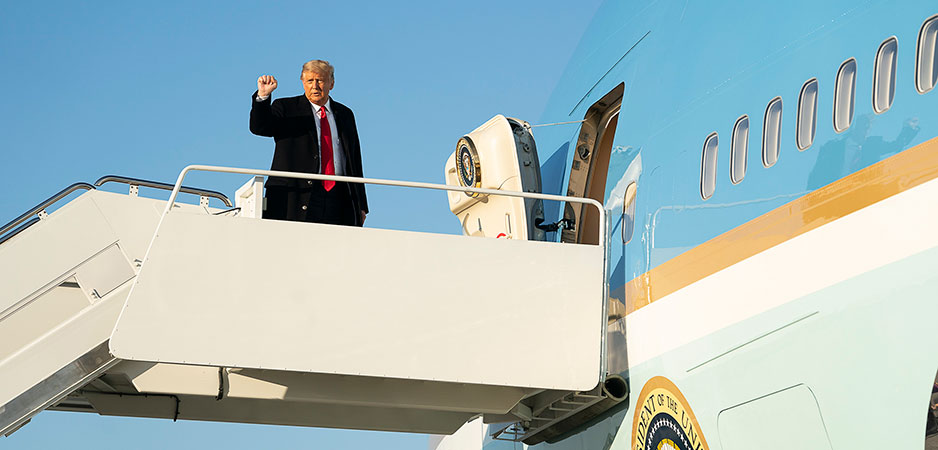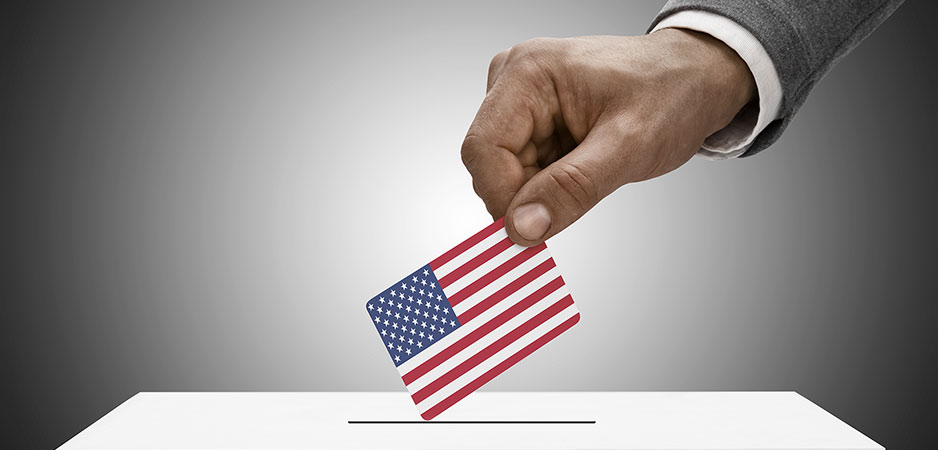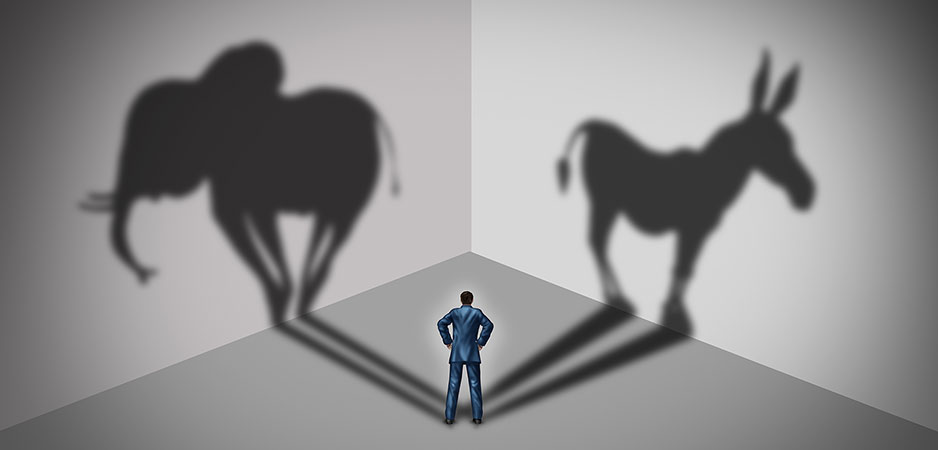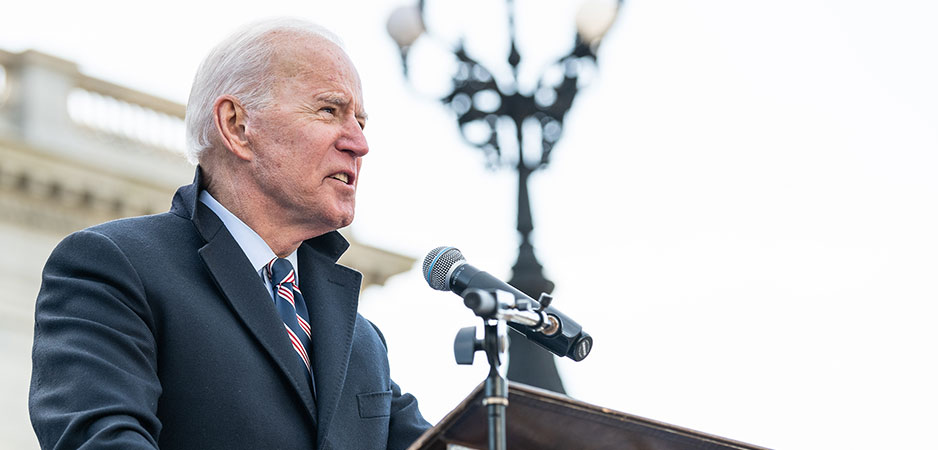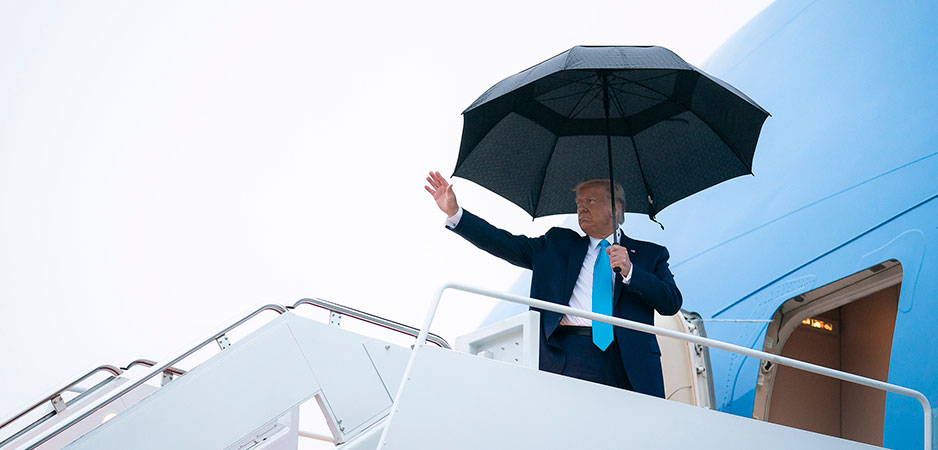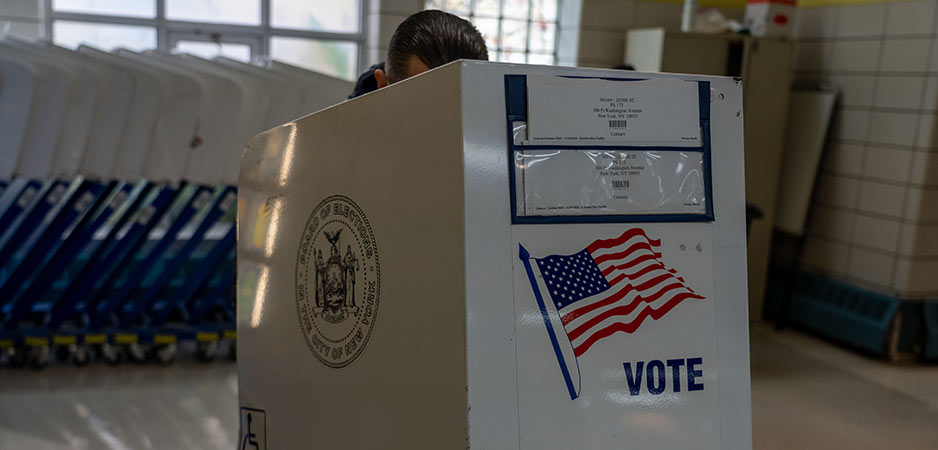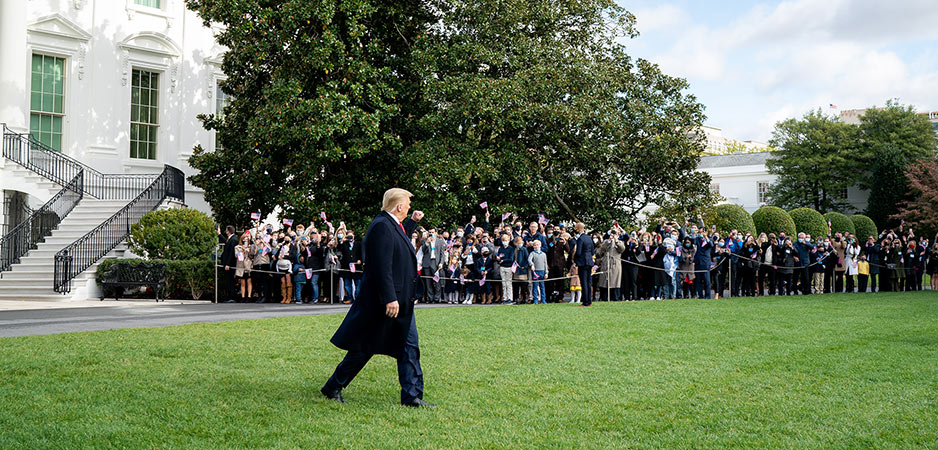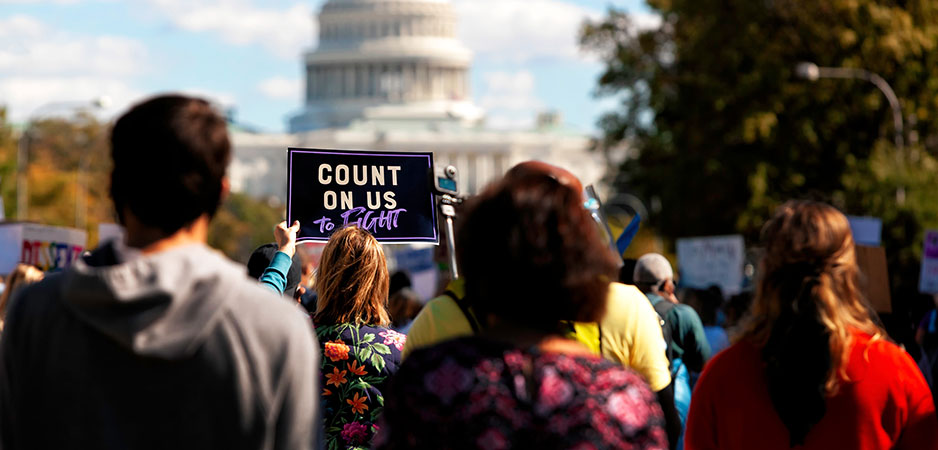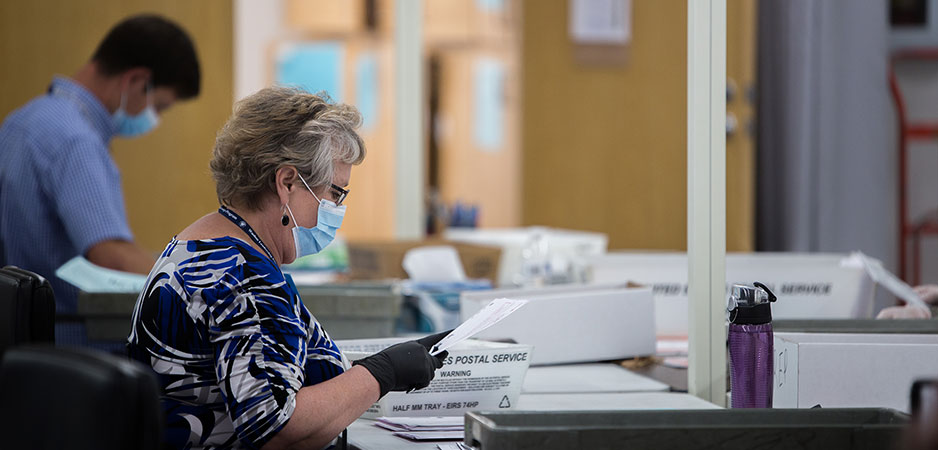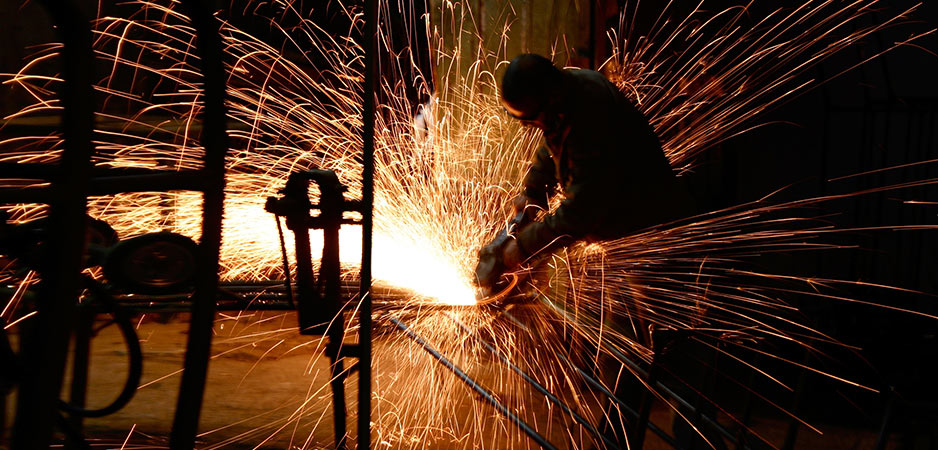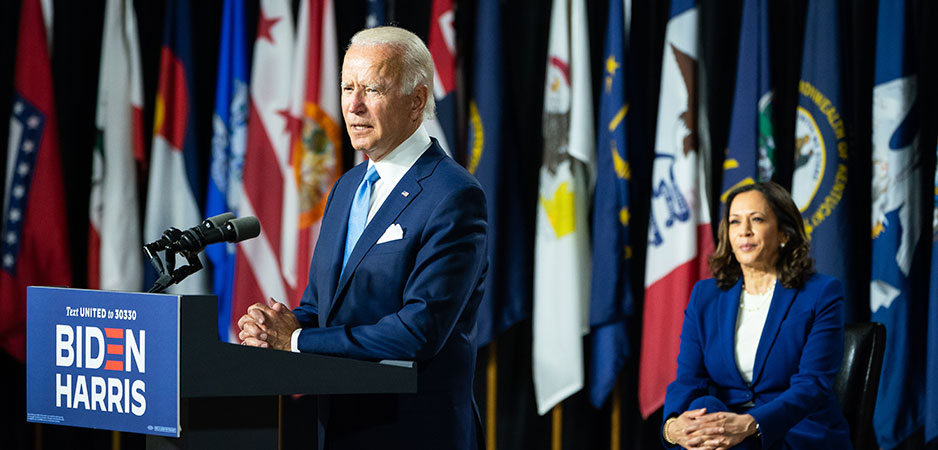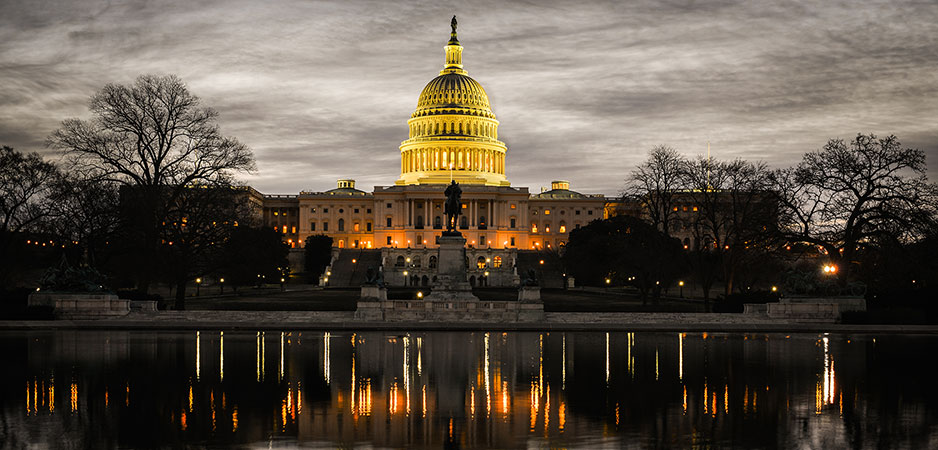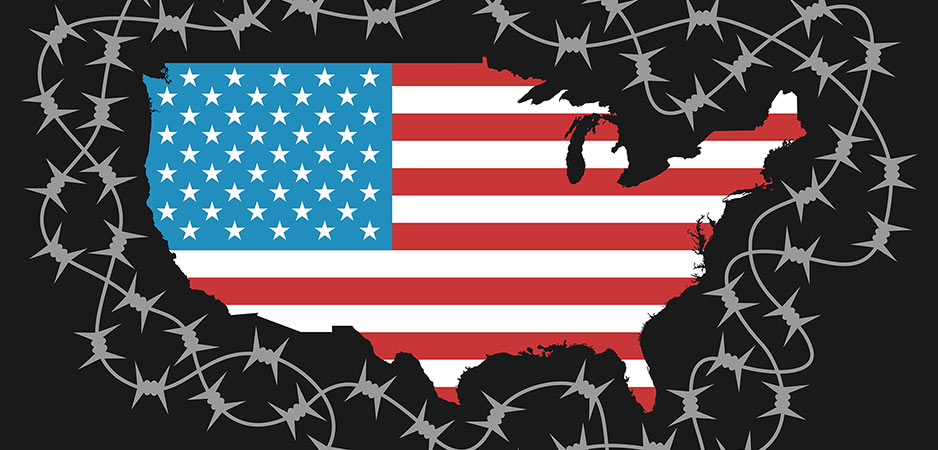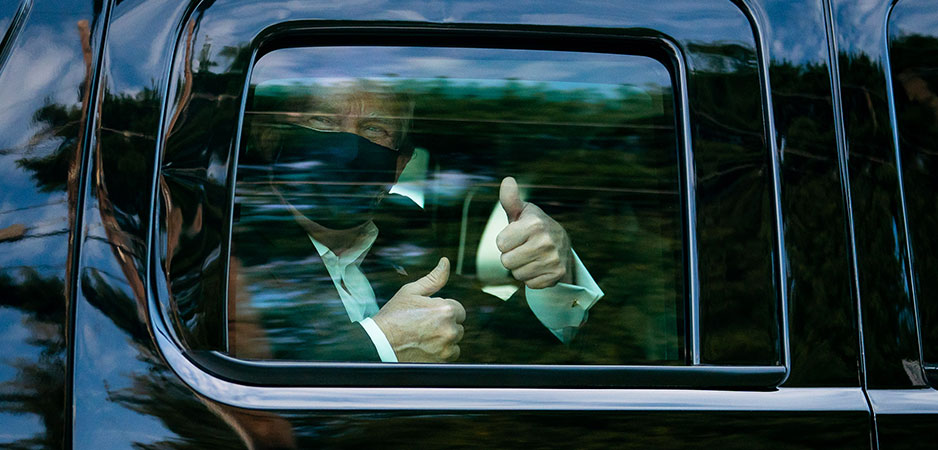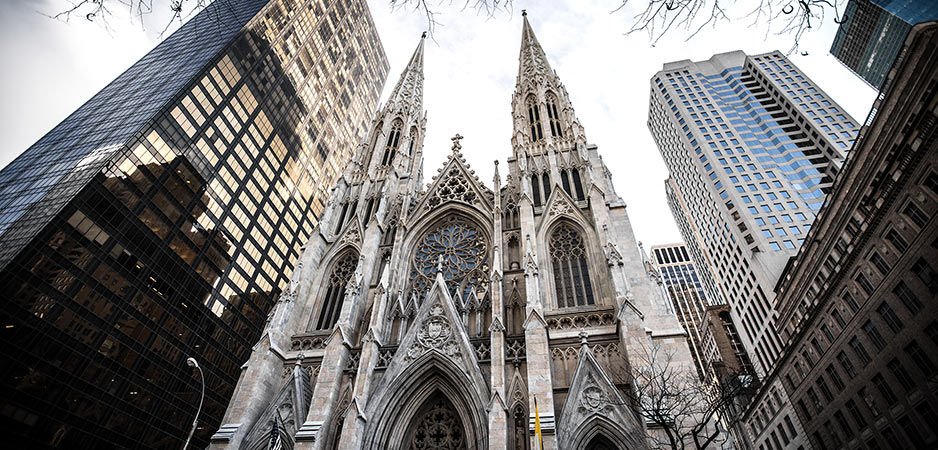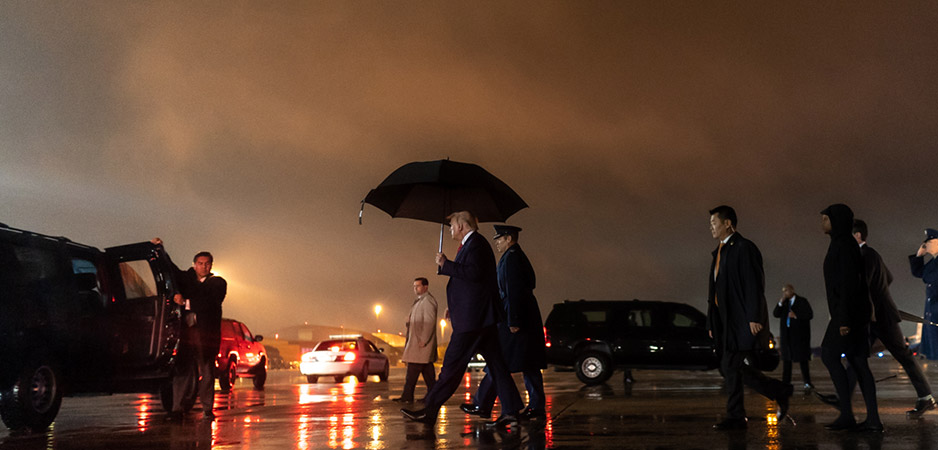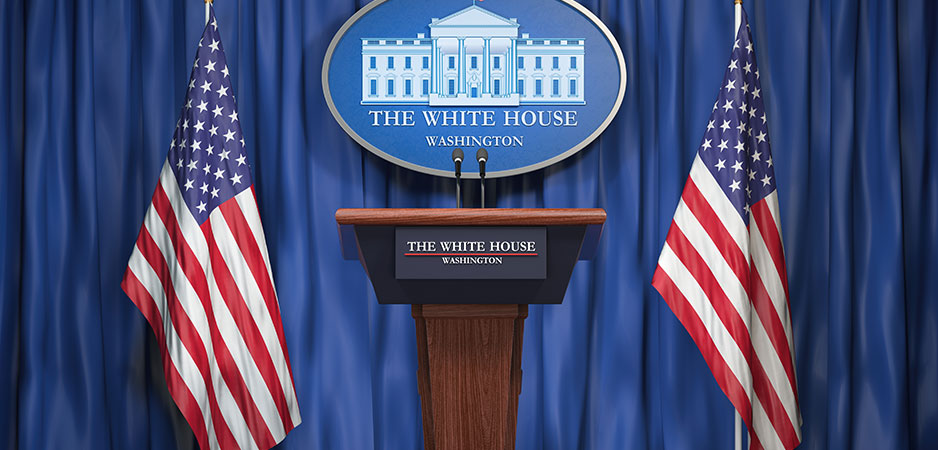Time: January 3, 2015. Place: Trump Tower Bar and Grill, 5th Avenue, New York
Overheard conversation between two diners.
“Another great show, Don. You were terrific as usual. Your bluster is so intimidating. I loved the way you thundered on about that one guy’s shortcomings and made him cry.”
“Yeah, I thought I was excellent. Most of these ‘Apprentice’ wannabes are useless. They couldn’t run a newsstand where there’s no television.”
“You know, Don, I think you could do anything you want. You should run for president. You’d do a better job than some of these clowns. Last year, Obama had his worst year in office: He accused Russia of invading Ukraine, ordered airstrikes in Syria and, now, he’s got protesters chanting ‘black lives matter.’ He’s even talking about bypassing Congress’ opposition to his plan to allow 4 million immigrants to apply for work permits. Man, he’s in trouble.”
“I could take care of business.”
360˚ Context: The 2020 US Election Explained
“Then why don’t you? Run for the big job. Think about it: You could do for America what you’ve done for TV. It’s been running since 2004 and you’ve made it one of the most popular shows in history. You can use ‘The Apprentice’ formula, nominating project leaders who can take responsibility and make strategic decisions. You can call them into the Situation Room and tell them to brief you. If you don’t like their work, you know what to say, right? You’re dismissed! Just kidding, Don.”
The World’s Most Famous Bouffant
When people thought they’d seen enough of the world’s most famous bouffant, they were treated to “The further adventures of … .” Except not in another reality TV show, but an American presidency, a presidency that had the thrills and creative destruction of “The Apprentice.” No one, surely not even Trump himself, thought he stood a chance when he decided to take on established figures in the GOP and the hugely experienced Democrats, in particular Hillary Rodham Clinton.
His upset election triumph over her was so improbable that it briefly managed the impossible, making people forget North Korea’s nuclear tests, the Syrian Civil War, the election of openly anti-American President Rodrigo Duterte in the Philippines and the surprising decision by Britain to leave the European Union. All people were thinking and talking about was Trump, who became a member of an exclusive club: He was one of only five presidents to win office while losing the popular vote.
What happened? Had Americans lost their senses? After all, Trump had no political experience whatsoever. Even the most inexperienced presidents in history had either served at senior levels in the military or in the legal system. Trump was an entrepreneur-turned-reality TV star. But his leap into the unknown came in the second decade of the 21st century when small matters like this seemed of secondary importance.
What mattered more was Trump’s ability to deliver a booming, rumbling, roaring performance and easy-on-the-intellect messages that people could understand. Cut taxes. Ban Muslims. Bomb the shit out of ISIS. Build a wall with Mexico. Bring home American troops. Tear up trade agreements. Move the US embassy from Tel Aviv to Jerusalem.
There were other similarly attention-grabbing commitments. Trump’s gift to America was spectacle. There had never been such a spectacular candidate, and perhaps that’s what nearly half of America wanted: a captivating leader. America has developed a culture in which everything, no matter how solemn, can be alchemized into handsome if meretricious entertainment. And, if you disagree, I have a two-word response: Kim Kardashian.
Over the past four years, Trump has dominated world affairs. His foreign policy decisions have effectively redefined US relations with the rest of the world. His fiscal policies have made Wall Street deliriously happy. His attitudes toward racism have divided his own nation as well as huge parts of the world. Trump has angered and delighted, probably in a rough ratio of 60:40. Whatever the world thinks about Trump, the undeniable reality is that he is the most ubiquitous American president in history. There hasn’t been a day in the last four years when Donald Trump has not been reported as doing or saying something headline-grabbing. Reality TV shows that hog our attention are doing their jobs. Presidents who do it are probably doing something other than politicking.
For many politicians, a scandalous claim of an affair would be embarrassing, if not ruinous. But porn star Stormy Daniels’ charge that she and Trump had a liaison in 2006 seemed entirely congruent. In fact, it would have been more of a surprise had the president not been entangled in some sort of sex imbroglio.
There is even a global movement that regards Trump as far more than a politician. For QAnon, Trump is waging a surreptitious war against a cabal of Satan-worshipping Democrats, plutocrats and Hollywood celebrities who engage in pedophilia, sex trafficking and harvesting blood from dead children. Not even a drama, let alone a reality TV show, could have scripted a more fantastic narrative than this. The nearest equivalent I can think of is in Yaohnanen, on the South Pacific island of Tanna, where Britain’s Prince Philip is worshipped as a sort of messiah, a son of the ancestral mountain god.
Trump has not repurposed himself as president. He has adapted the presidency to his own requirements, surrounding himself with senior-level advisers, assigning them tasks, then firing or promoting them. His staff turnover as of October 7, it was 91%. No one has been safe while Trump has been behind the Oval Office desk, not even the first senator to endorse Trump’s presidential candidacy in early 2016, Jeff Sessions; he was fired in 2017. Many others have resigned, but the revolving door approach to senior political appointments and dismissals suggests a style of leadership in which delegation is key, much like in TV.
Still Fresh
Now the big question is whether this novelty is still fresh. Even the most fascinating, amusing and engaging celebrities have a shelf life. Trump has delighted and infuriated people in roughly equal measures. Every faux pas — and there have been a good few of them — is somehow glossed over as blithely as if he’d thrown up in the back of an Uber. Every success is hailed, usually by him, as a groundbreaking masterstroke. Sometimes, to be fair, it is. The rapprochement with North Korean leader Kim Jong-un was genuinely significant.
But awarding himself an A+ for the “phenomenal job” he had done during his tenure grated with as many as it amused. And the response to the COVID-19 pandemic has provided his opponent Joe Biden with a gift-wrapped opportunity to expose him. “We have it under control. It’s gonna be just fine,” Trump assured everyone in January. A month later, he called the coronavirus a “hoax.” “The virus will not have a chance against us,” he claimed as the death rate climbed toward the current figure of 222,000. He blamed “China’s cover-up” and criticized the World Health Organization. His complacency was unnerving even to skeptics.
When Trump and Melania were stricken only a month before the election, many must have muttered something about hubris. But, with characteristic bravado, Trump used his brief incapacitation as an occasion to show he doesn’t scare easily. Nor should anyone else. “Don’t be afraid of Covid,” he tweeted. “Don’t let it dominate your life.” Once more, he treated an abstract malefactor as if it were a challenge on “The Apprentice.” “Covid isn’t that serious,” he concluded dismissively. It was typical Trump, making light of what is, to others, a near-irresolvable problem. Then again, that’s been his modus operandi throughout his presidency. For Trump, there hasn’t been a problem that doesn’t have a solution. It’s just that most people are “losers” and don’t want to discover it. He always can. This is why he’s intolerant of journalists whom he calls negative when they attack him. The problems may be larger and more complex than those on “The Apprentice,” but they all have resolutions.
Most Americans have made up their mind about how they’re going to cast their ballot. Trump’s illness might evoke sympathy, but it won’t affect anyone’s choice. Trump is already back on the road, swatting away criticisms with his usual humorous self-assurance. His flamboyant, often preposterous, occasionally laughable and always entertaining style of leadership has dazzled America and, indeed, the world for four years now. Polls suggest Americans are satiated and ready for a return to a more traditional leader.
What worries them most? An extravagantly bombastic president who never doubts the wisdom of his own choices or a more measured and reflective personality who will probably lead competently but never offer the kind of extravaganza to which Americans, as well as the rest of the world, have become accustomed?
*[Ellis Cashmore is the author of “Kardashian Kulture.”]
The views expressed in this article are the author’s own and do not necessarily reflect Fair Observer’s editorial policy.
For more than 10 years, Fair Observer has been free, fair and independent. No billionaire owns us, no advertisers control us. We are a reader-supported nonprofit. Unlike many other publications, we keep our content free for readers regardless of where they live or whether they can afford to pay. We have no paywalls and no ads.
In the post-truth era of fake news, echo chambers and filter bubbles, we publish a plurality of perspectives from around the world. Anyone can publish with us, but everyone goes through a rigorous editorial process. So, you get fact-checked, well-reasoned content instead of noise.
We publish 2,500+ voices from 90+ countries. We also conduct education and training programs
on subjects ranging from digital media and journalism to writing and critical thinking. This
doesn’t come cheap. Servers, editors, trainers and web developers cost
money.
Please consider supporting us on a regular basis as a recurring donor or a
sustaining member.
Support Fair Observer
We rely on your support for our independence, diversity and quality.
Will you support FO’s journalism?
We rely on your support for our independence, diversity and quality.


